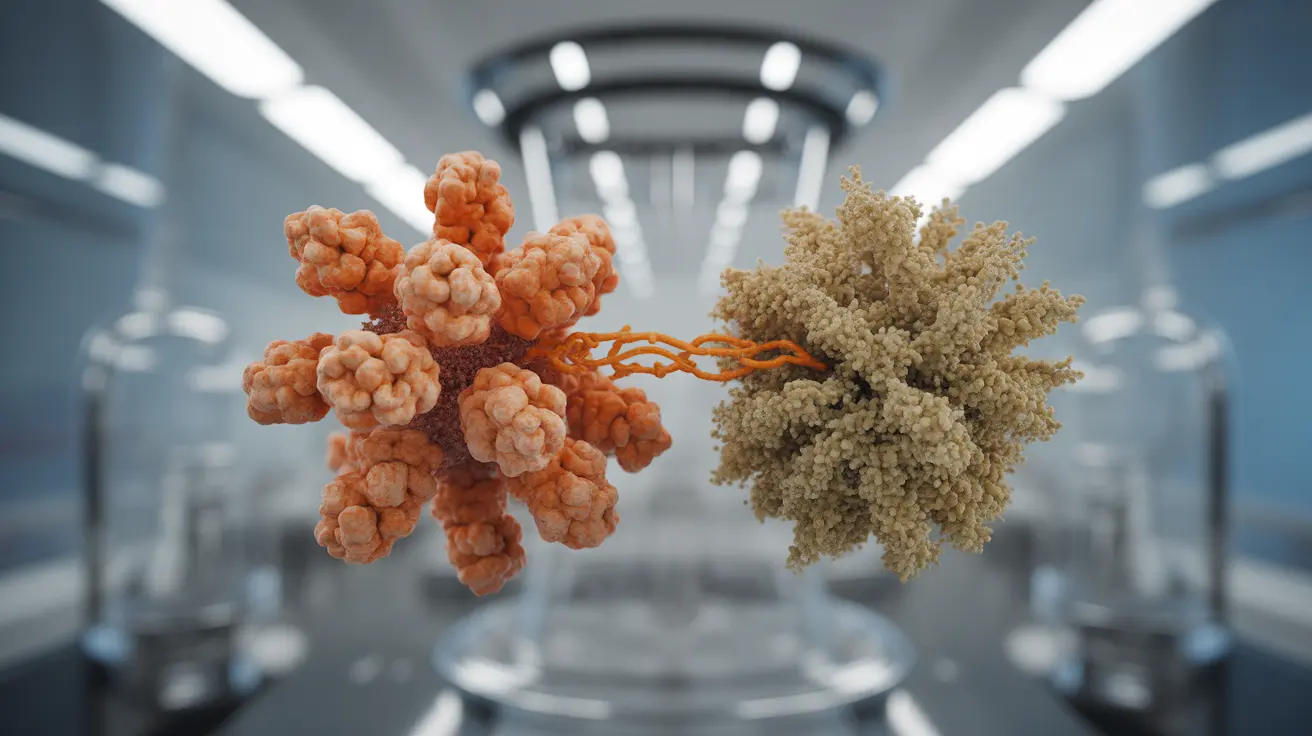While carrots are a nutritious vegetable enjoyed by many, some individuals experience allergic reactions to this common food. A carrot allergy can manifest through various symptoms and may be related to other allergic conditions, particularly birch pollen allergies. Understanding the signs, causes, and management of carrot allergies is crucial for those affected.
This comprehensive guide explores everything you need to know about carrot allergies, from recognizing symptoms to understanding diagnosis and treatment options. Whether you're newly diagnosed or seeking information about this condition, we'll help you navigate this dietary challenge safely.
Understanding Carrot Allergy and Its Causes
Carrot allergies can occur as a primary food allergy or as part of a condition called Oral Allergy Syndrome (OAS), also known as pollen-food allergy syndrome. The primary proteins in carrots that trigger allergic reactions are similar to those found in birch pollen, which explains why many people with birch pollen allergies may react to raw carrots.
Interestingly, some individuals may tolerate cooked carrots while reacting to raw ones, as heat can alter the proteins responsible for the allergic response. This phenomenon is particularly common in cases of OAS.
Common Symptoms of Carrot Allergy
Allergic reactions to carrots can range from mild to severe. Common symptoms include:
- Itching or tingling in the mouth
- Swelling of the lips, tongue, or throat
- Hives or skin rashes
- Nasal congestion or runny nose
- Digestive issues such as nausea or vomiting
- Difficulty breathing (in severe cases)
In rare cases, carrot allergies can trigger anaphylaxis, a severe allergic reaction requiring immediate medical attention. Understanding these symptoms is crucial for proper management and knowing when to seek emergency care.
Diagnosis and Testing
Healthcare providers use several methods to diagnose carrot allergies accurately:
- Skin prick tests
- Blood tests for specific IgE antibodies
- Oral food challenges under medical supervision
- Detailed medical history evaluation
A proper diagnosis helps distinguish between a true carrot allergy and other conditions that may cause similar symptoms, ensuring appropriate treatment and management strategies.
Cross-Reactive Foods and Avoidance Strategies
People with carrot allergies may need to be cautious about other foods due to cross-reactivity. Common cross-reactive foods include:
- Celery
- Parsley
- Fennel
- Birch pollen-related fruits
- Other root vegetables
Reading food labels carefully and being aware of hidden carrot ingredients in processed foods is essential for avoiding allergic reactions.
Managing and Treating Carrot Allergy
While there's no cure for carrot allergies, several management strategies can help prevent and treat reactions:
- Strict avoidance of trigger foods
- Carrying emergency medication (such as antihistamines or epinephrine auto-injectors if prescribed)
- Having an emergency action plan
- Working with a registered dietitian to ensure nutritional needs are met
For mild reactions, antihistamines may provide relief. However, severe reactions require immediate medical attention.
Frequently Asked Questions
1. What are the common symptoms of a carrot allergy and how can I recognize them?
Common symptoms include itching or tingling in the mouth, swelling of lips and throat, hives, nasal congestion, and digestive issues. In severe cases, breathing difficulties may occur. Any combination of these symptoms following carrot consumption could indicate an allergy.
2. Why do people with birch pollen allergies often react to raw carrots?
This occurs due to cross-reactivity between proteins in birch pollen and similar proteins found in carrots. This phenomenon, known as Oral Allergy Syndrome, explains why many birch pollen allergy sufferers experience reactions to raw carrots but may tolerate cooked ones.
3. How is a carrot allergy diagnosed and what tests are used?
Diagnosis typically involves skin prick tests, blood tests for specific IgE antibodies, and sometimes oral food challenges under medical supervision. Healthcare providers will also review your medical history and symptom patterns.
4. What foods should I avoid if I have a carrot allergy besides raw carrots?
Besides carrots, you may need to avoid related vegetables like celery, parsley, and fennel due to cross-reactivity. Some individuals might also react to other root vegetables or birch pollen-related foods. Always consult with your healthcare provider for personalized advice.
5. How can carrot allergy reactions be treated and when should I seek emergency care?
Mild reactions can often be treated with antihistamines. However, seek immediate emergency care if you experience severe symptoms such as difficulty breathing, severe swelling, or signs of anaphylaxis. Always carry prescribed emergency medications and follow your healthcare provider's action plan.




